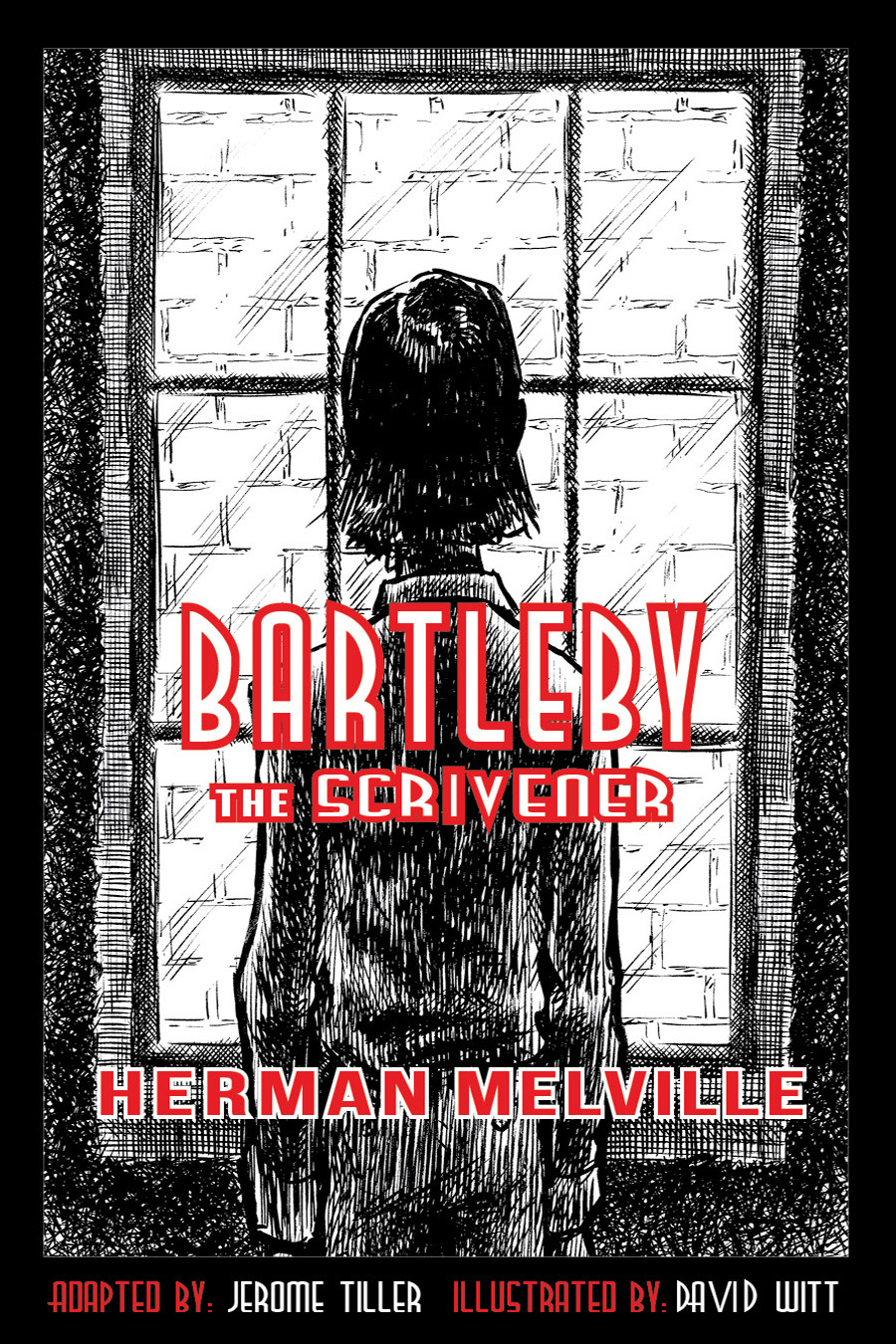Edgar Allan Poe was not ...
Poe’s humor was almost entirely sarcastic. Sarcasm falls within the form of humor called wit, which is defined as mental trickery. I addressed the subject of wit in a previous blog about Mark Twain’s humor.
But why try to thoroughly describe Poe’s use of humor when I have a clear, Adapted Classics sample easily at hand. Presuming you have not read Edgar Allan Poe’s disturbingly heroic ‘Hop-Frog’, I will provide you with one observation of it, followed by a quote from the text. I believe the quote well-represents Edgar Allan Poe’s sense of humor.
Sample - "Edgar Allan Poe's Hop-Frog"
“Hop-Frog” begins with the introduction of royalty—blood and appointed—a king and his court. Poe, through his narrator, describes them in a way that suggests no admiration for either.No one was ever so keenly alive to a joke as the king was. He seemed to live only for joking. About the refinements of wit, the king troubled himself very little—over-niceties wearied him. He had a special admiration for the big joke and would often put up with a long lead-in to the punch- line for the sake of it. To tell a good story of the joking kind, and to tell it well, was a sure road to his favor, although, upon the whole, practical jokes suited his taste far better than verbal ones. Thus it happened that his seven ministers were all noted for their accomplishments as jokers, excelling both at verbal jokes and jokes of the practical kind. They all took after the king, too, in being large, corpulent, oily men.
Poe, being American, knew full well the disdain that Americans of his age felt for official royalty and royal trappings. By imbuing the king and every minister in his court with a generally mean sense of humor, irresponsible occupation, and unflattering appearance, he chops them down to size using subtle sarcasm. He succeeds in doing what sarcasm sets out to do - chop people and/or ideas down to size. A subtle touch usually carries the trick in the wit. There is something funny about putting down the pretensions of people in power, and the defter an author’s touch in doing so, the more pleasure derived. Subtle sarcasm normally engenders smug delight, rarely outright laughter. But humor it is, and it’s funny to many.Illustration for Sale - King's Court
A representation of the 9 x12 illustration the royal court in Hop-Frog follows. I believe it is for sale at the illustrator’s web-site, illustratormarc.com. Please contact him: he might be a starving artist.[caption id="attachment_814" align="aligncenter" width="300"]
 Oily Jokesters - the King and his Counsellors[/caption]
Oily Jokesters - the King and his Counsellors[/caption]

